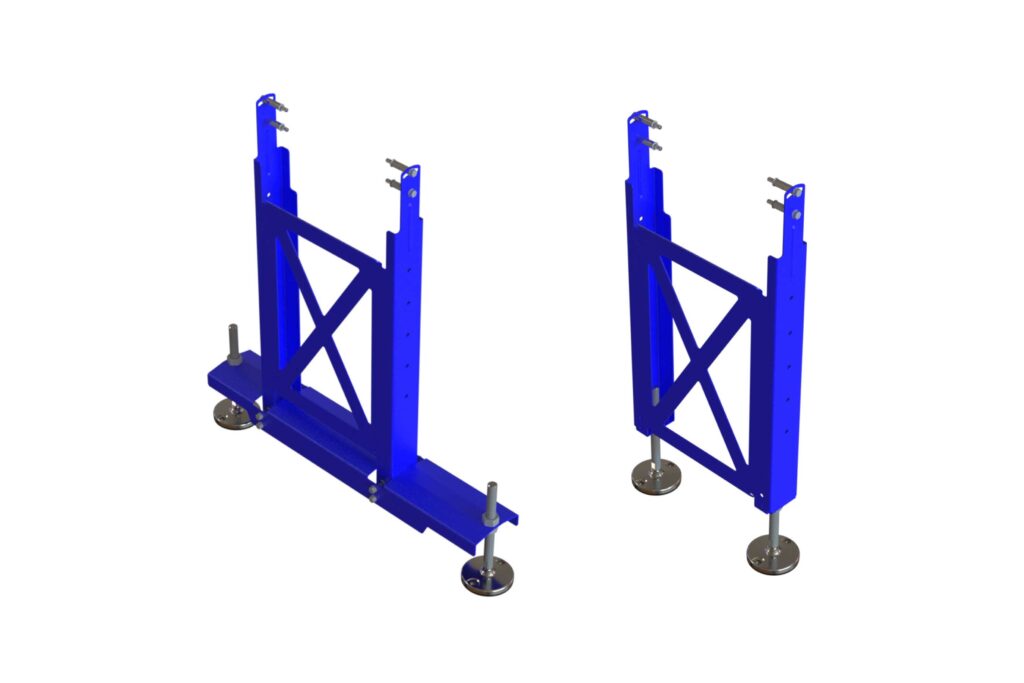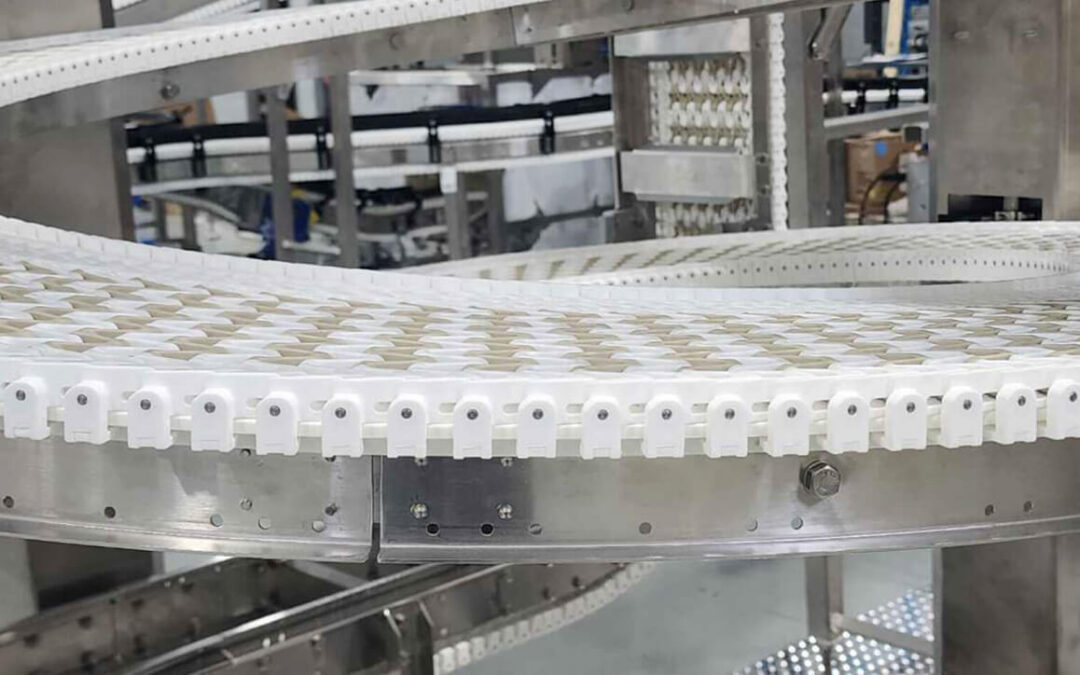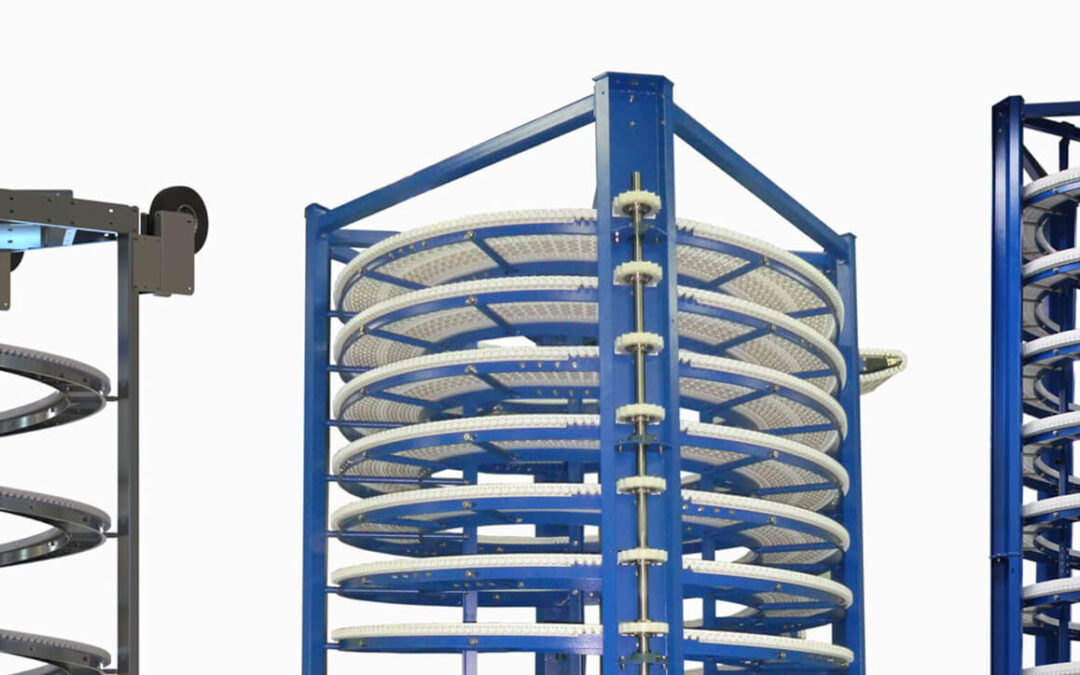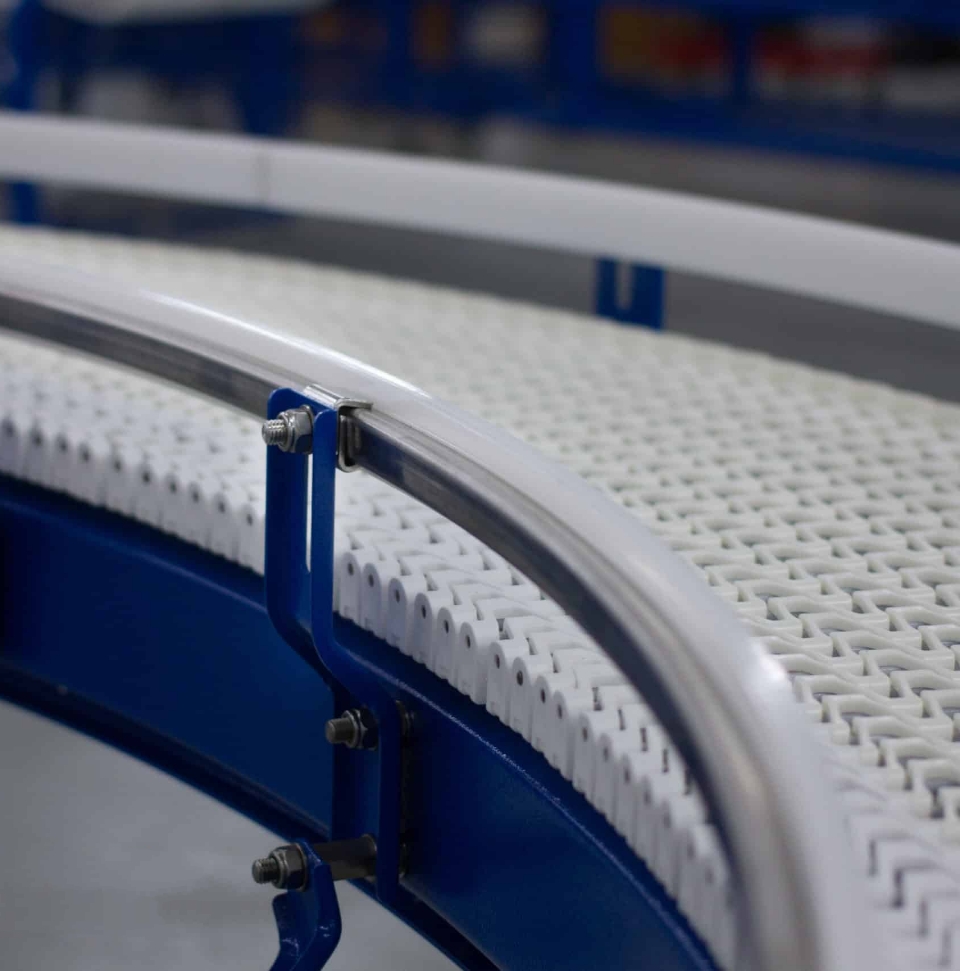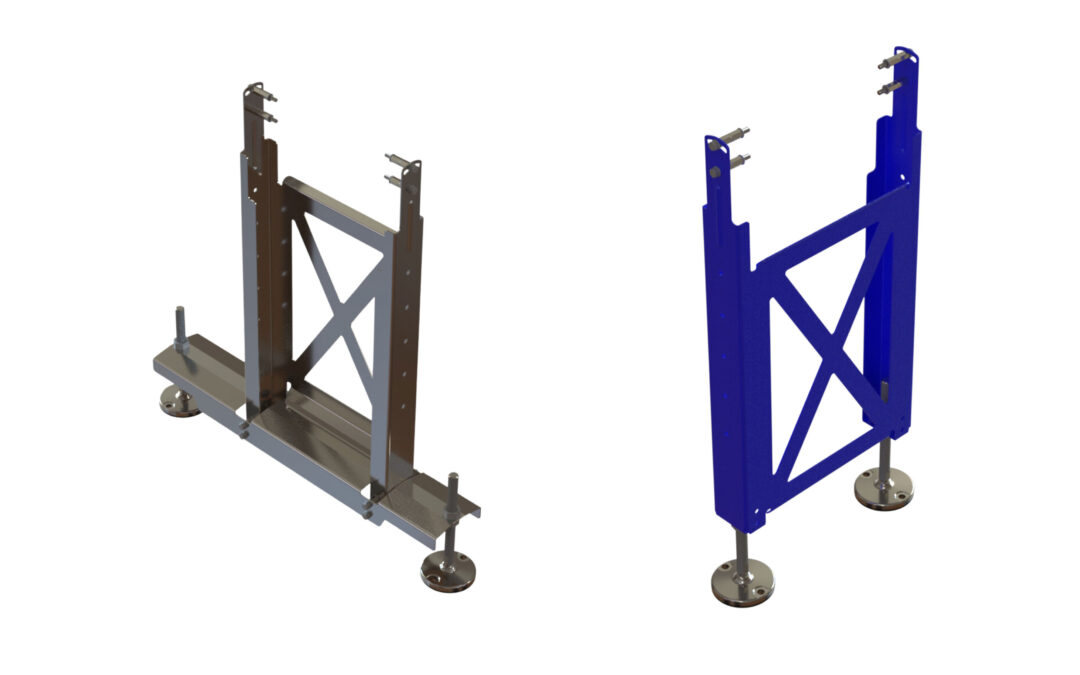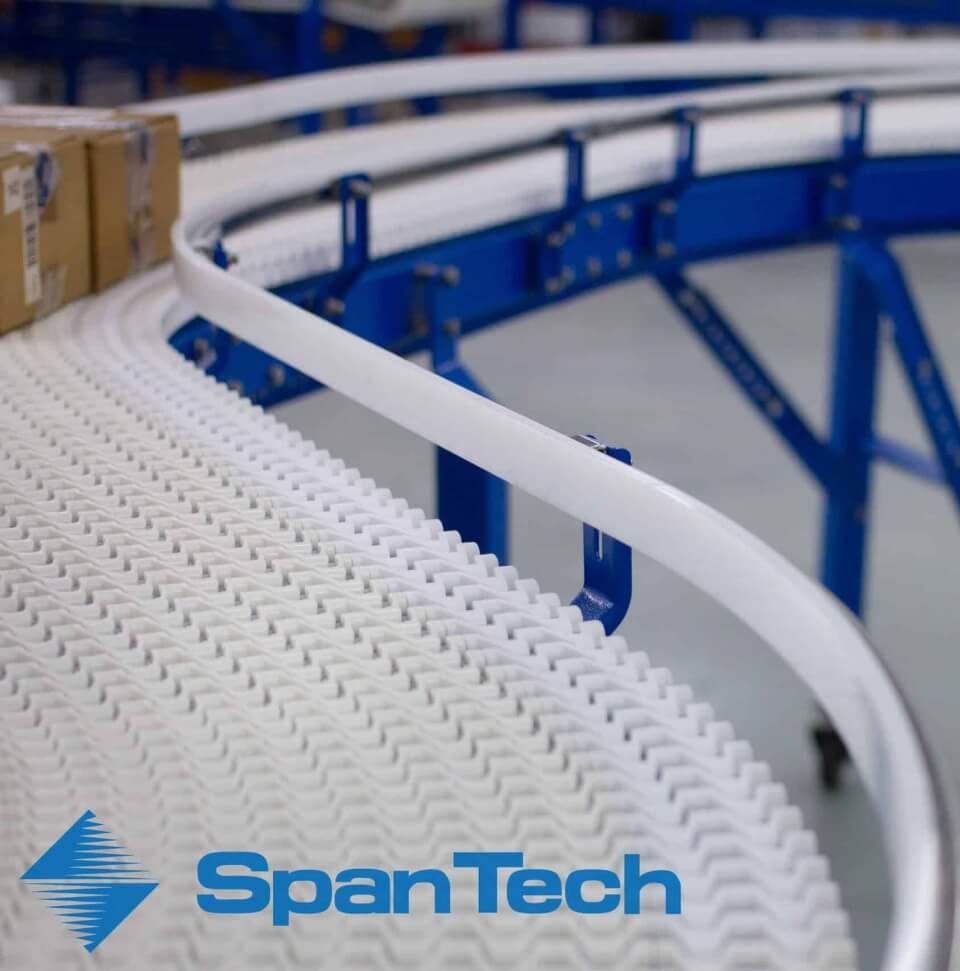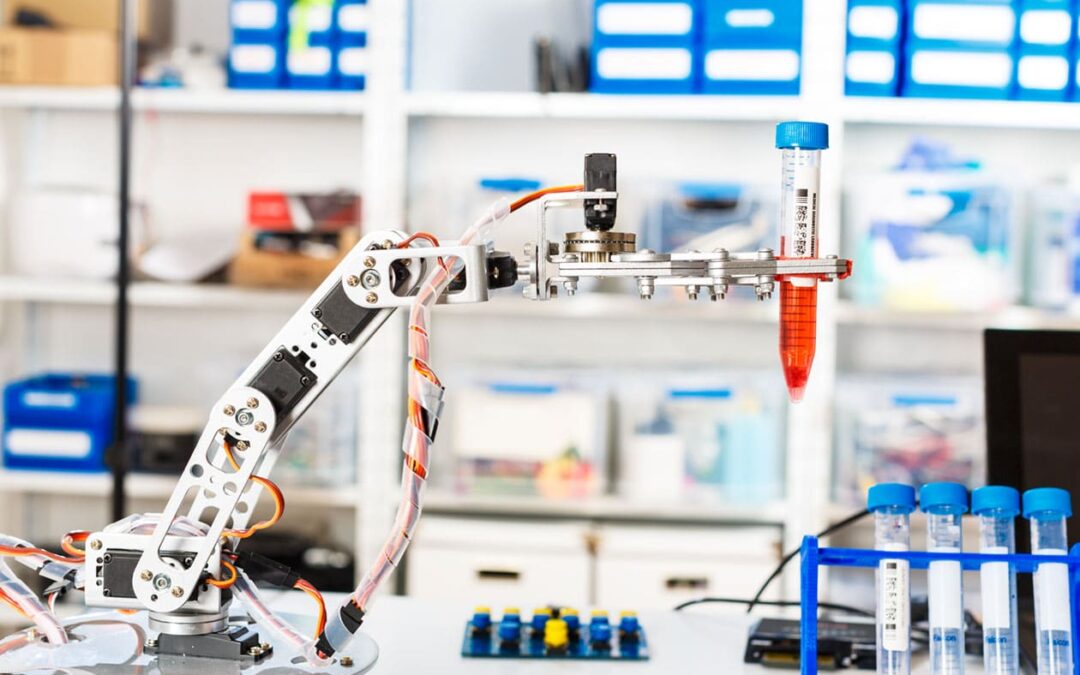Is Your Conveyor Support System Costing You More Than You Think?
Conveyor systems are the backbone of efficient production, but one often-overlooked component may be hindering your performance, driving up costs, and complicating sanitation efforts—your conveyor supports.
For decades, manufacturers have relied on standard tubular or welded steel supports, assuming they provide the necessary stability and durability. However, the reality is that these traditional supports come with hidden inefficiencies that impact your bottom line, operational uptime, and hygiene compliance.
Here’s why traditional conveyor supports are holding you back—and why an innovative solution is on the horizon.
The Hidden Costs of Outdated Conveyor Supports
Material Waste & Unnecessary Costs
Traditional conveyor supports—especially those made from welded steel—are often over-engineered, bulky, and costly to manufacture. Their thickness and weight add unnecessary material costs, increasing your initial investment without necessarily improving structural performance.
The Problem:
- Heavy materials increase shipping and installation costs.
- Overly complex structures drive up fabrication expenses.
- Replacement parts and repairs require custom fabrication, making maintenance expensive.
A Smarter Approach:
Innovative sheet metal supports are precision-engineered to provide the same (or superior) strength while using less material, cutting costs without sacrificing durability.
Durability Issues That Lead to Frequent Replacements
Conveyor supports take a beating in high-volume operations. Whether from vibration, impact, or corrosion, traditional supports tend to fail over time, requiring frequent replacements that add downtime and unnecessary expenses.
The Problem:
- Steel tubing traps moisture, leading to internal rust and structural weakening.
- Welded joints are failure points, increasing the risk of fractures under heavy loads.
- Heavy-duty applications cause bending, warping, and misalignment over time.
A Smarter Approach:
Precision-engineered sheet metal supports eliminate weak points, using advanced manufacturing techniques to create a support system that is lightweight yet stronger than outdated tubular designs.
Sanitation & Cleaning Challenges in Regulated Industries
For food, beverage, pharmaceutical, and cleanroom applications, sanitation is everything. However, traditional conveyor supports introduce cleaning obstacles that put compliance and product safety at risk.
The Problem:
Tubular supports and welded joints create hard-to-reach areas where bacteria, dust, and debris can accumulate.
- Rust and corrosion are common in high-moisture environments, jeopardizing sanitation compliance.
- Harsh cleaning chemicals can degrade conventional supports, leading to premature wear.
A Smarter Approach:
Sheet metal supports are designed with sanitation in mind, featuring:
- Smooth, non-porous surfaces for easy wipe-downs
- Minimal joints and crevices to prevent contamination
- Corrosion-resistant materials that withstand aggressive washdowns
The Future of Conveyor Supports Is Here
At Span Tech, we believe conveyor support systems should enhance performance—not hold you back. That’s why we’re introducing a next-generation solution that delivers cost savings, unmatched durability, and superior sanitation.
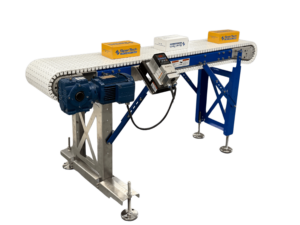
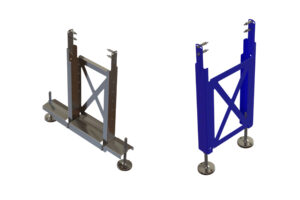
Stay tuned as we unveil our new sheet metal conveyor supports, designed to:
- Reduce material and manufacturing costs
- Increase structural strength and longevity
- Improve hygiene and ease of maintenance
Don’t Let Outdated Conveyor Supports Limit Your Efficiency
Your conveyor system is only as strong as the components that hold it together. If traditional supports are draining your budget, creating maintenance headaches, and making sanitation difficult, it’s time for an upgrade.







